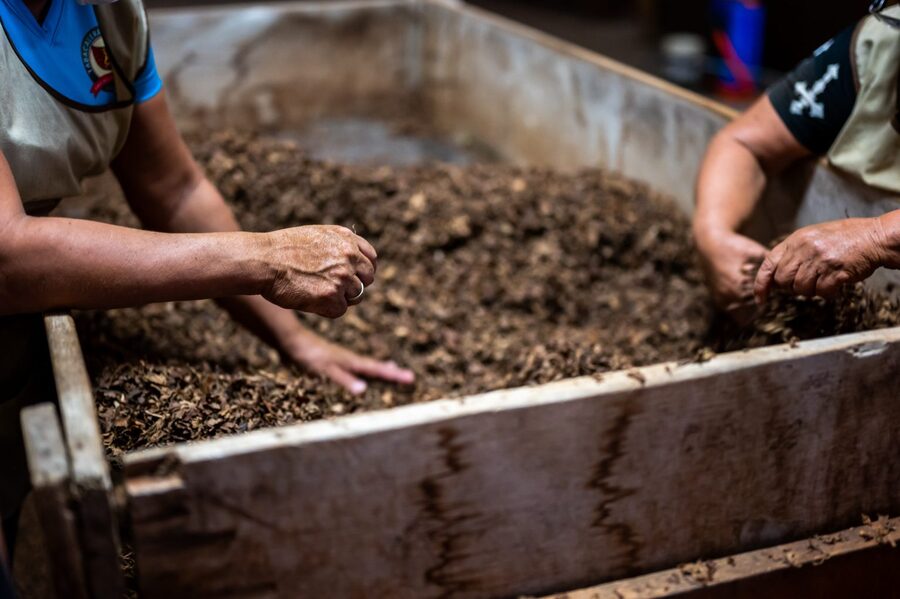Composting is a beneficial and waste reducing act of compiling a variety of organic matter that can decay, such as carrot peels and left-over vegetable scraps, which are then placed into a bin of soil or other organic matter to slowly break down (Hunt, 2018).

Composting can nourish soil, create a fertilizer and most importantly, reduce waste from heading to landfills. There are many items that can be composted, the majority of which comes straight from the earth, and all these items can be composted to create nourishing fertilizer for a vegetable garden. However, there are items that cannot be composted, specifically items that contain animal products. This includes leftover fish or meat, yogurt, milk, and cheese. To start composting, begin by purchasing a bin/container to store compost, fill ¼ with soil (any kind of soil), add in vegetables scraps and compostable matter and every 2-3 days, roll/shake compost bin/container.
A vegetable garden can benefit greatly from compost fertilizer. Home grown vegetables can reduce the amount of unnecessary plastic packaging that is harming the earth. A vegetable garden can be grown in large or small places with a variety of vegetables and herbs. Start by purchasing potting mix or topsoil mix from the local hardware store. Begin watering and mixing the soil in desired planting boxes. After 2 – 3 days, begin planting your seeds.
Hunt, K. (2018). What is composting?. Retrieved from https://www.greenmatters.com/food/2018/12/07/ZboPlt/what-is-composting
Jims Mowing. (2020). What are the benefits of having a compost bin? [Image] Retrieved from https://www.jimsmowing.com.au/2018/05/set-compost-bin/
Tran, S. (2020) Vegetable Garden Images [Images].